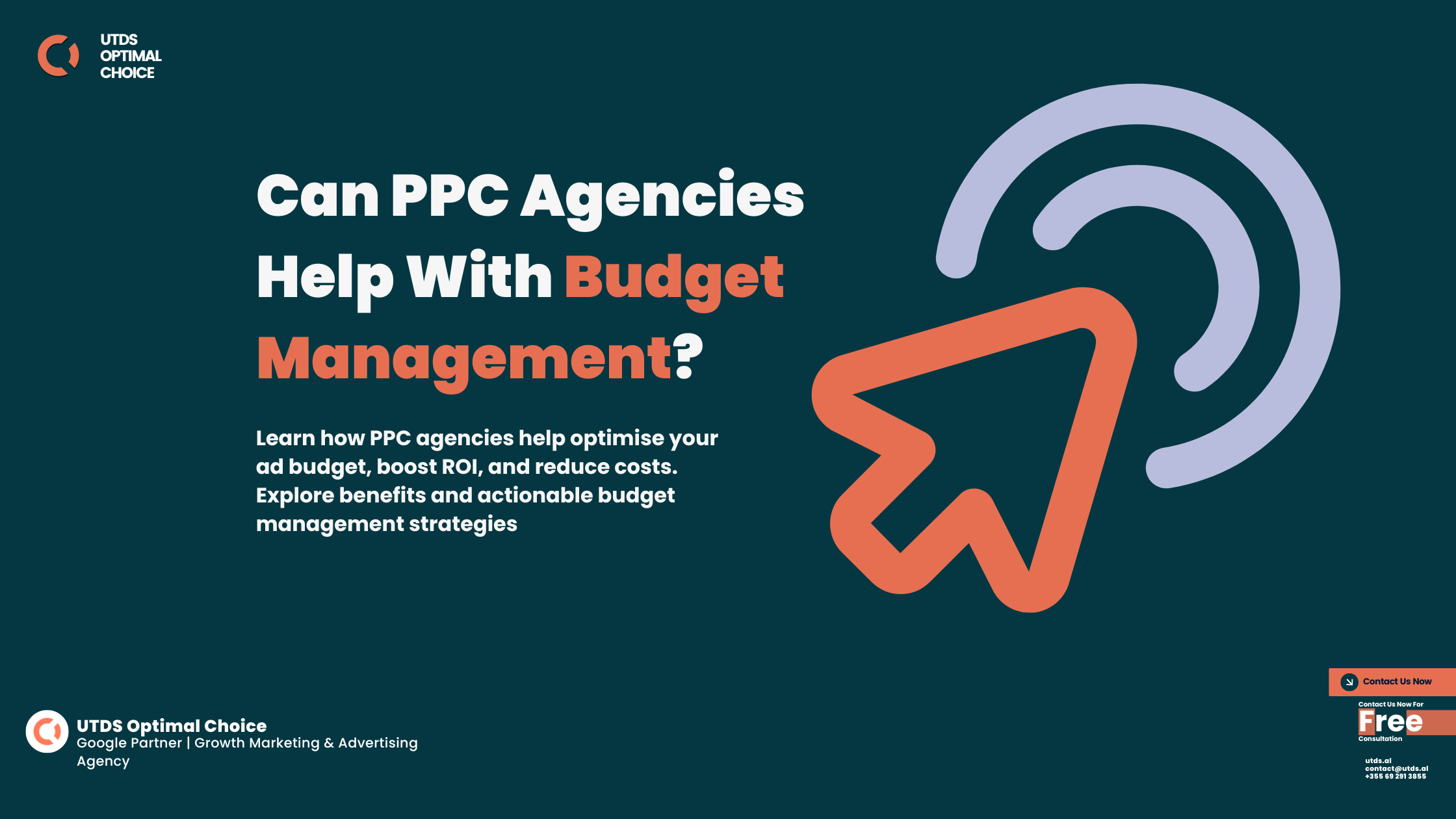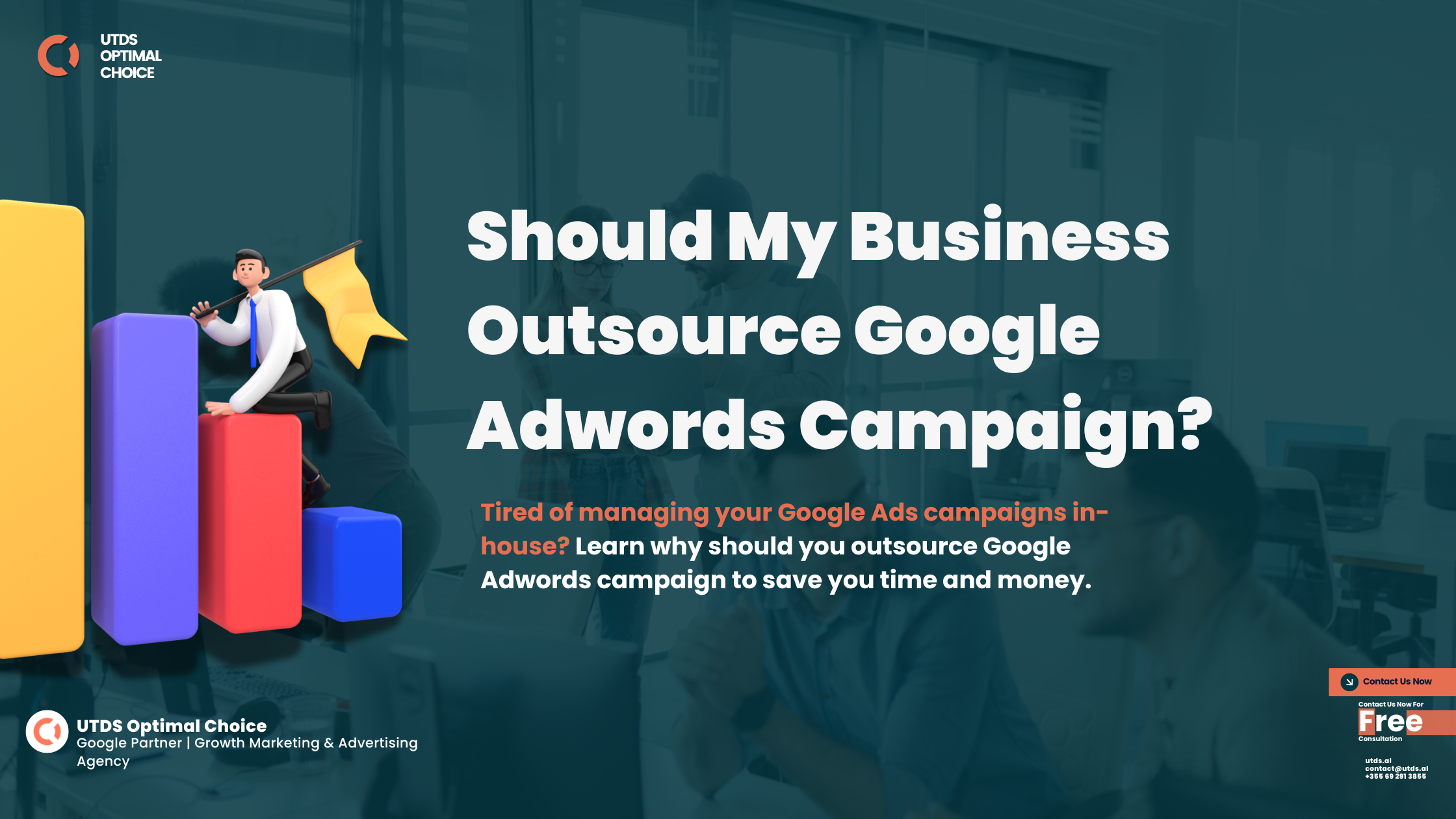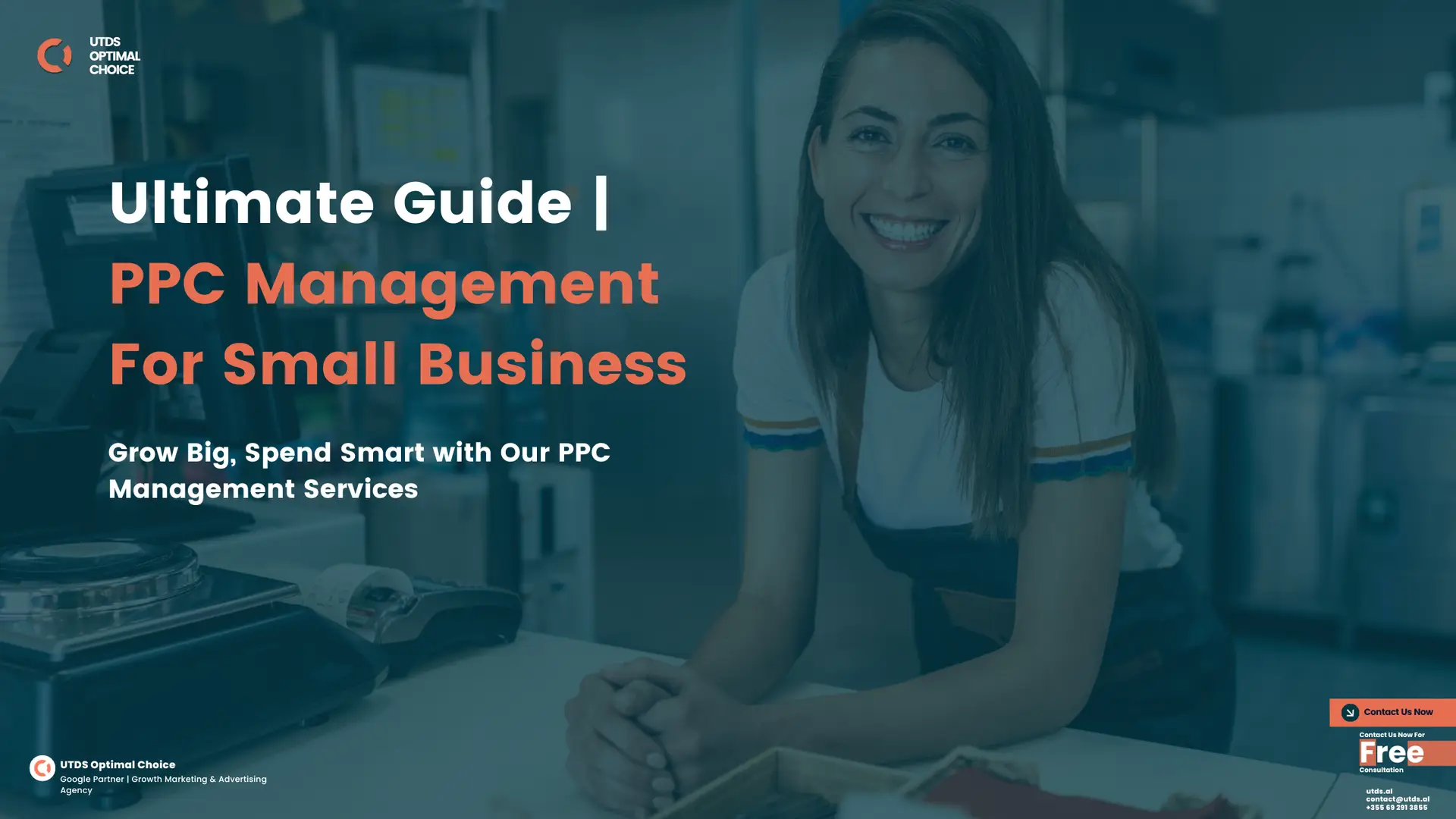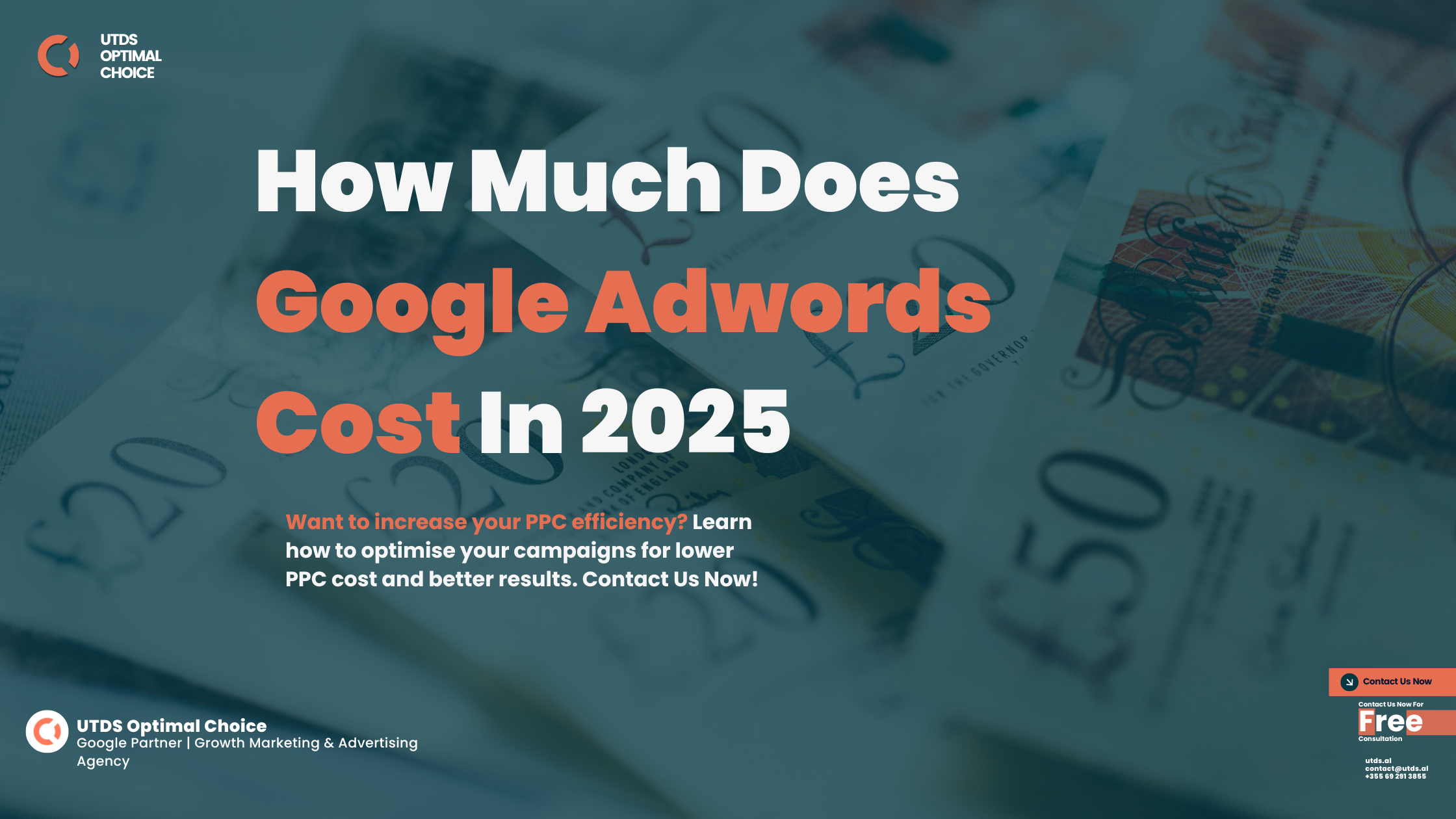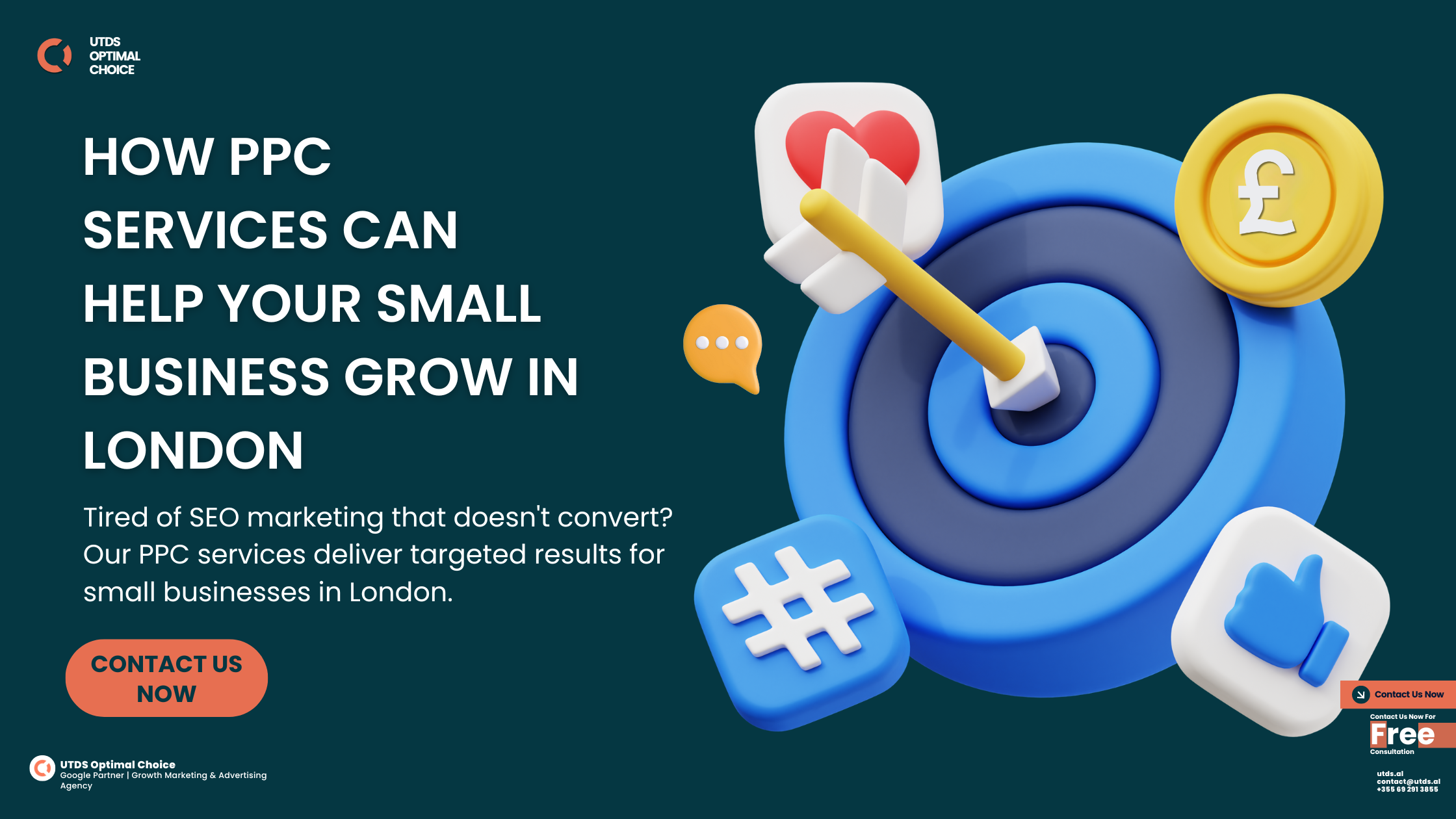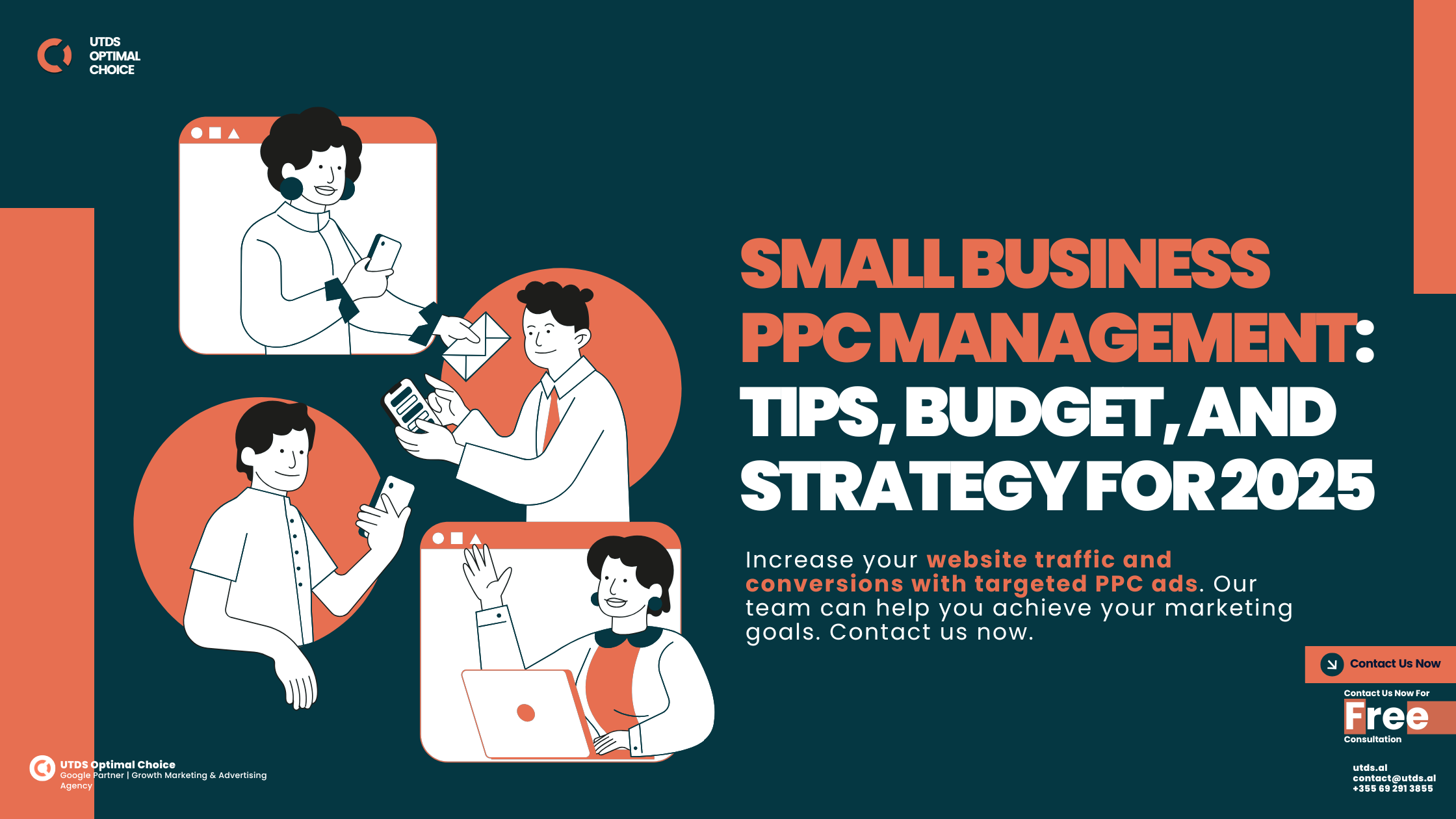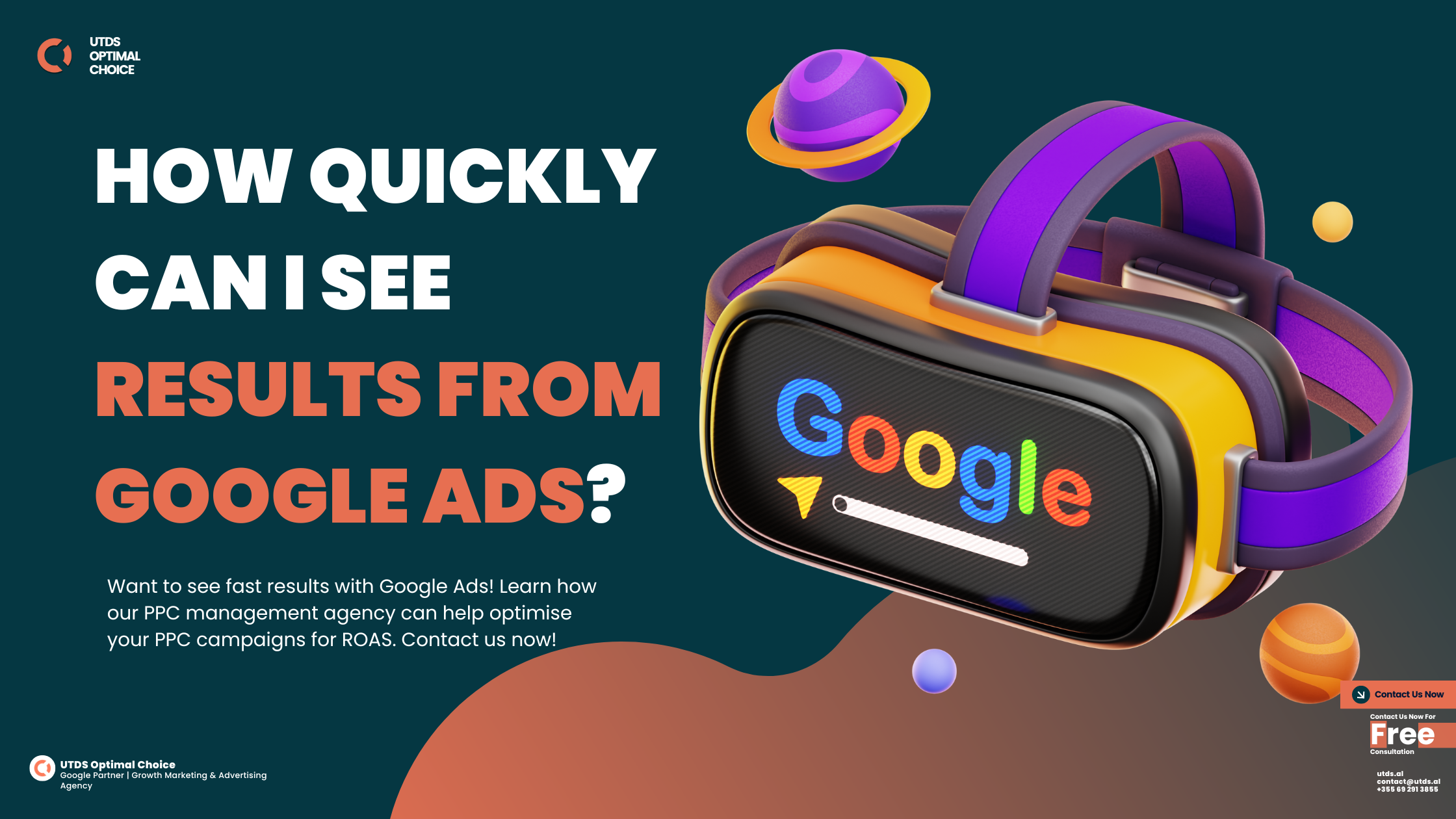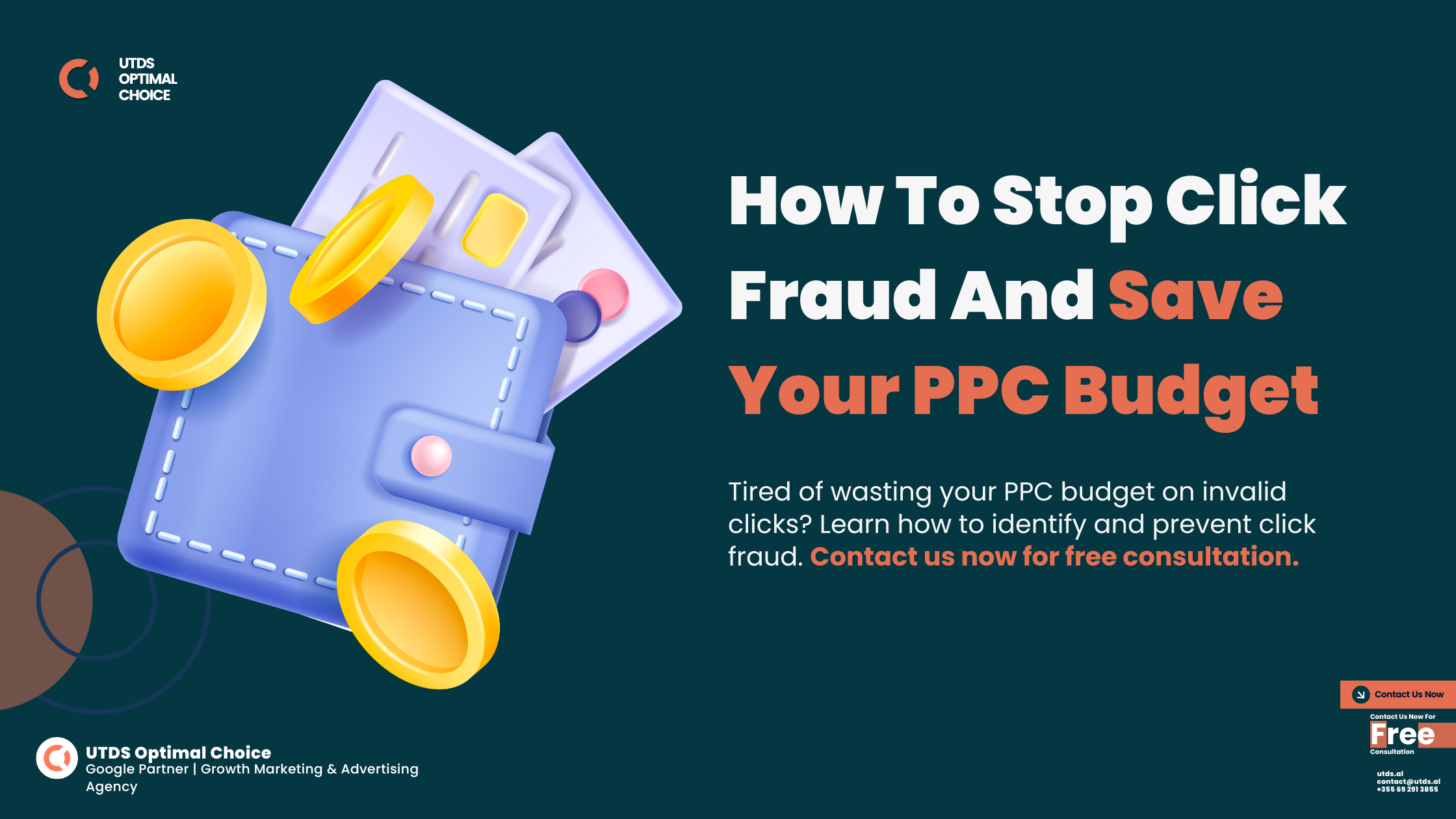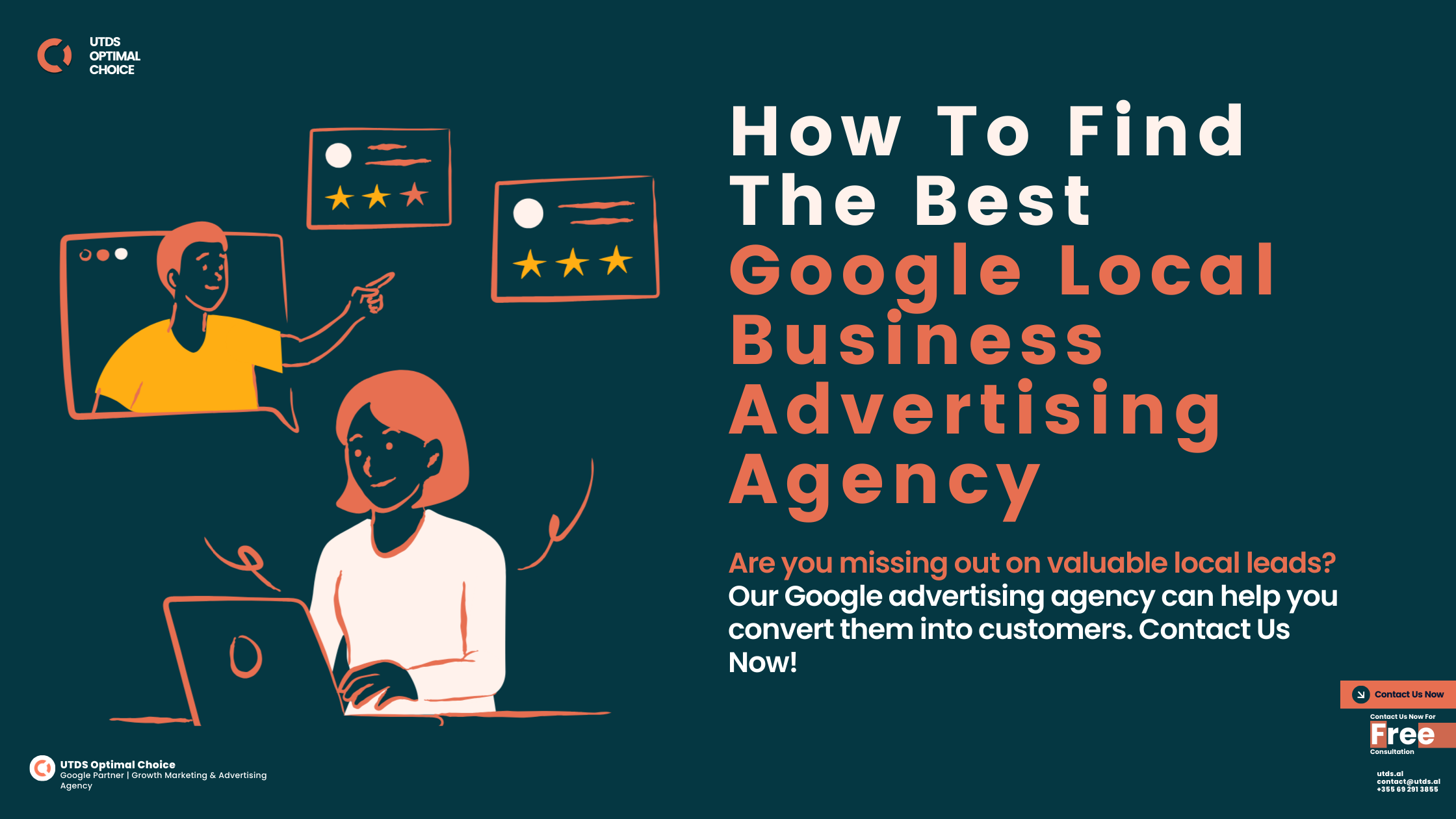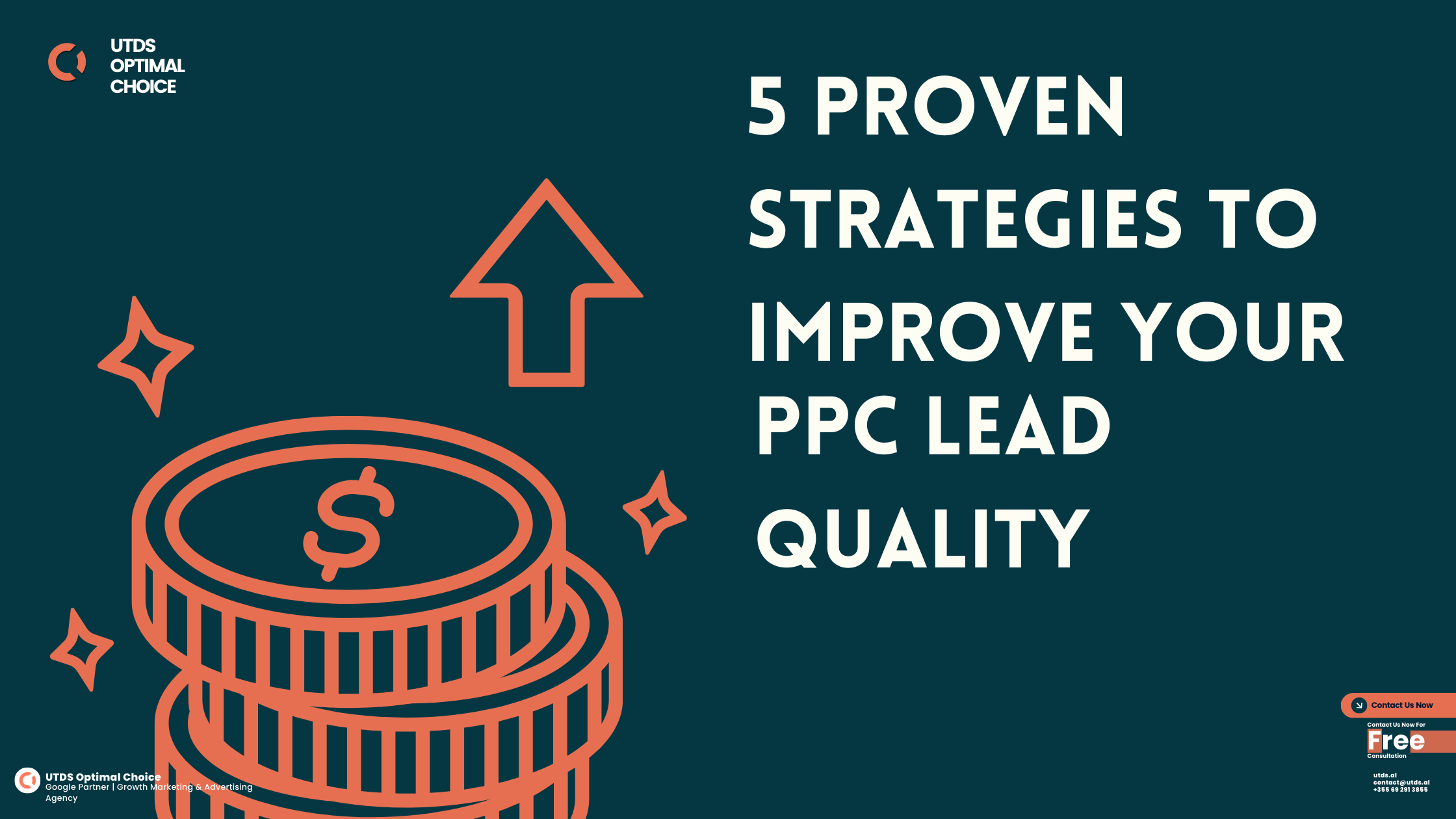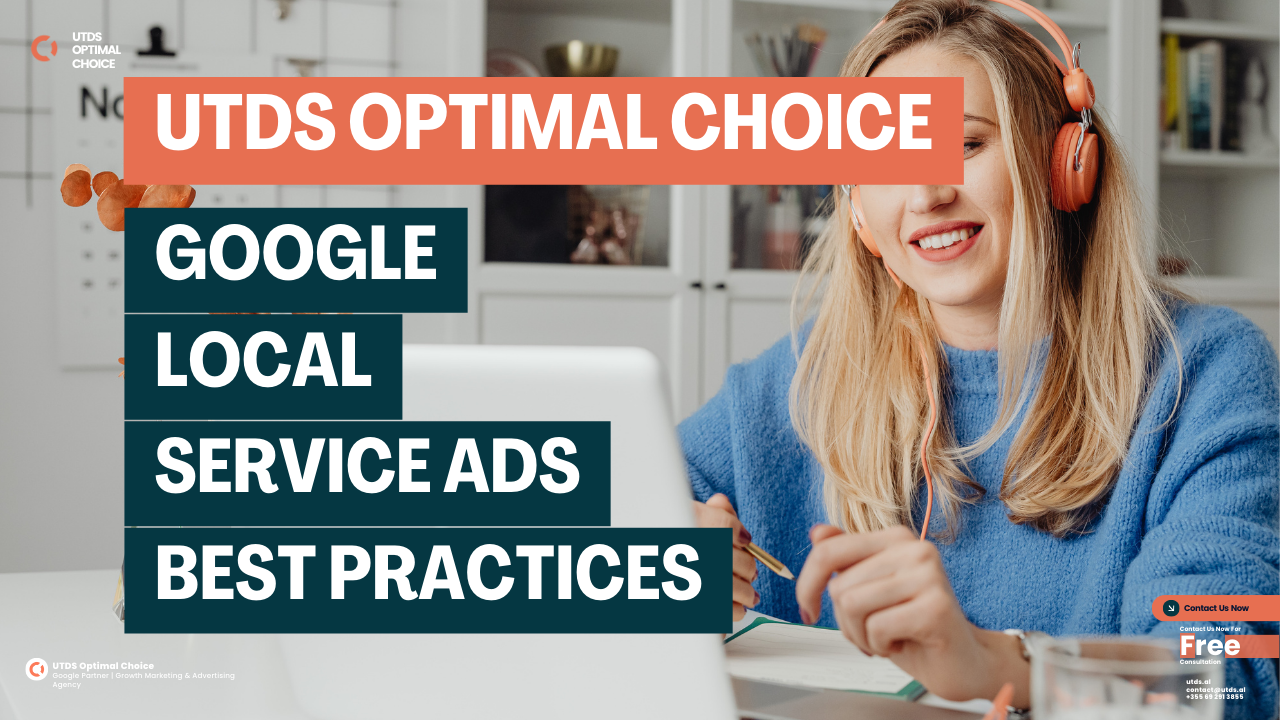Pay per click advertising is an essential component of any effective digital marketing strategy. With the right PPC campaigns, you can drive qualified traffic, leads, and sales for your Uk business. This ultimate guide will equip you with the knowledge and best practices you need to succeed with PPC ads.
What Is Pay Per Click Advertising?
PPC advertising enables you to place text, display, and video ads on search engine results pages and partner websites. You only pay when someone clicks your ad, making it a cost-effective way to reach new audiences and scale your campaigns.
According to HubSpot, PPC accounts for 39% of digital ad spend in 2022. With more competition and rising costs per click, mastering PPC is crucial for marketers.
We will cover everything you need to know, from PPC advertising basics and platform options to optimising campaigns and maximising ROI. Whether you’re new to paid search or looking to improve existing efforts, you’ll find actionable tips and strategies here.
Did you know that businesses make an average of £2 for every £1 spent on Google Ads? At UTDS Optimal Choice, a leading pay per click advertising agency, we specialise in driving measurable success through PPC advertising in the UK. Let us help you reach your target audience, increase conversions, and maximise your ROI. Get in touch today to supercharge your advertising strategy!
PPC Advertising Overview
Before diving into specifics, let’s review some PPC ads fundamentals.
What is PPC Marketing?
PPC stands for pay per click, a model of internet marketing where PPC advertisers pay a fee each time someone clicks on their ad. It allows you to:
- Display ads to people searching for specific keywords or terms
- Show ads on websites through PPC advertising networks
- Reach your target audience when they are most likely to convert
With PPC marketing, you can tailor your budget and only pay when your ad drives traffic or leads. It provides more control compared to other forms of digital advertising. Are you curious to the know impact of PPC in small businesses? Check here.
Why is PPC marketing Important?
Here are some of the key benefits that make PPC advertising an essential marketing channel:
- Cost-effective: You can set daily budgets aligned with your goals and scale up or down based on performance.
- Measurable results: PPC advertising provides data like impressions, clicks, conversions, and costs that inform your strategy.
- Targeted reach: You can target users by location, interests, search terms, pages visited, and more.
- Flexibility: Launch and pause PPC ad campaigns rapidly based on market conditions.
- Boosts SEO: SEO and PPC marketing work together to increase visibility and traffic.
According to Lunio “PPC advertising provides the rocket fuel to power your marketing efforts and deliver targeted, measurable results to impact the bottom line.“
With the right approach, PPC ads can generate a high return on investment (ROI) by connecting you to audiences likely to do business with you.
Key PPC Marketing Terms And Concepts
As a PPC advertising beginner, these are some of the common terms you’ll encounter:
- SEM: Search Engine Marketing encompasses activities that increase visibility in search engines like paid search and SEO.
- CPC: Cost-Per-Click is the amount you pay each time someone clicks your ad.
- CPM: Cost-Per-Mille or Cost-Per-Thousand is the cost per 1000 impressions. Used for display ads.
- Keywords: These trigger your ads and help target relevant searchers. For example, “PPC ad campaign management“.
- Ad Rank: The position where your ad appears depends on its ad rank. Higher bids and quality score means better rank.
- Landing Page: The page a user reaches after clicking your ad.
- Quality Score: Google’s rating system for the quality of your ads, keywords and landing page.
Benefits of Google Ads
Google PPC Ads is the most widely used PPC platform, making up 40% of global digital ad revenue. Here’s an introduction to get started:
Overview of Google PPC Ads
Google PPC Ads allows businesses to show ads across the Google Search Network and Display Network.
With Google PPC Ads, you can create text, image, video and app install ads to appear on:
- Google Search – ads next to search results
- Google Display Network – over 2 million websites, videos and apps
- Google Shopping – product listings
- YouTube videos
You only pay when someone engages with your ad, making it a cost-effective form of advertising.
Google Ads Starter Resources
Google offers free tools and resources for PPC beginners:
- Google Ads Starter Guide – Covers account setup, competitive keyword research, bidding and more.
- Google Skillshop – Free online courses on Google Ads.
- Google Ads Certification – Earn a Google Ads certification.
- Google Ads Experiments – Case studies and insights.
Leveraging these resources can help master the basics and achieve ROAS using PPC advertising.
Getting Started with Google PPC Ads
Here is an overview of the key steps to running Google Ads campaigns:
- Set up your Google Ads account and billing information.
- Define your goal, budget, schedule, bidding, targeting options and placements.
- Create ad groups around keywords and products.
- Write compelling ad text and landing pages.
- Monitor performance and optimise for conversions and ROI.
We’ll explore these in more detail throughout this guide.
Popular PPC Platforms and Options
While Google Ads leads among PPC platforms, other options also exist:
- Google Ads – works best for search network campaigns.
- Bing Ads – PPC advertising within Bing, Yahoo, MSN and other search engines.
- Facebook Ads – enable advertising on Facebook, Instagram and Audience Network.
- AdRoll – focuses on retargeting across devices through display, social and video ads.
- RevContent – is a content recommendation network for sponsored links across publishers.
Evaluate each platform based on your goals, budget and target audience to determine the right mix. Now let’s look at why PPC advertising should be part of your digital marketing strategy.
Research shows that 65% of small to medium businesses run PPC campaigns to drive traffic and sales. At UTDS Optimal Choice, a top PPC advertising company, we specialise in crafting tailored PPC advertising strategies that deliver results for UK businesses. Let us help you attract qualified leads and boost your ROI. Contact us today to get started on a campaign that works for your business!
Powerful Benefits of PPC Advertising

PPC advertising delivers results fast, unlike Search Engine Optimisation which can take months to reflect in rankings. Here are some compelling benefits of PPC marketing:
Cost-Effective
With PPC advertising, you can start with small daily budgets as low as £25 and increase gradually as you scale. Budget caps and bidding allow control over advertising costs.
Measurable ROI
PPC advertising provides data on clicks, conversions, impressions and more to evaluate ROI. You can tweak bids and targeting to optimise success metrics.
Flexible PPC Management
Launch new PPC ads in minutes and pause or edit underperforming PPC ads with little effect on overall results. Easily adapt to new products or initiatives.
Targeting Capabilities
Target users based on demographics, geography, context, search terms, interests and other criteria for highly relevant reach.
Brand Awareness and Visibility
PPC advertising positions your brand in front of users at the precise moment they search for related keywords and topics.
By understanding these benefits, you can understand how PPC marketing can accelerate results when done right.
Here are 10 Free PPC Tools you need for cost efficient campaign management
PPC Advertising vs SEO: Differences and Relationship
PPC advertising and SEO are complementary strategies that work together to increase visibility and traffic for your brand:
|
PPC Advertising
|
SEO
|
|---|---|
|
Delivers instant results
|
Takes time to reflect in rankings
|
|
Requires ongoing budget
|
Provides long-term organic growth
|
|
Appears on SERPs when active
|
Gains you visibility when ranked highly
|
|
Can target specific keywords
|
Focuses on topics and authority building
|
The earned traffic from SEO combined with the paid traffic from PPC advertising provides a powerful overall marketing strategy. Many brands allocate budget for both over the long-term.
Step-by-Step Guide to Build Quality PPC Campaign

Now that we’ve covered the basics, let’s go through the steps to create an effective PPC campaign.
Set Goals and Define Success Metrics
Be clear on what you want to achieve from PPC ads. Typical goals include:
- Generate leads or sales
- Increase brand awareness
- Promote new products
- Drive traffic to your website
- Boost Engagement
Define quantitative success metrics based on your goals, such as:
- Cost-per-lead (CPL)
- Return on ad spend (ROAS)
- Click-through rate (CTR)
- Conversion rate (CVR)
- Impressions and reach
These will determine how you manage and optimise your PPC campaign. Typical question, Are you running your own Google ads campaign? Do you receive lot of clicks with low ROI? Then you’re affected by Click Frauds. Check here to know more.
Establish Your Budget
Your daily or monthly budget will depend on factors like:
- Current conversion rates and cost-per-conversion
- Minimum budget requirements on the PPC ads platform
- Seasonal variations in your business
- Stage of your business – new brands may start small
- Competitiveness of your niche – highly competitive spaces require larger budgets
Start modestly and increase budget over time as you assess performance.
Choose Your Google PPC Ads Campaign Type
Google PPC Ads offers different campaign types for various goals:
- Search campaigns – target users based on keywords
- Display campaigns – focus on placement on websites/apps
- Video campaigns – video ads on YouTube and sites
- Shopping campaigns – promote products
Select the right PPC campaign type based on your offerings, customer journey and business vertical. Most brands use a combination strategy.
Set Up Ad Groups
Ad groups allow you to organise keywords and PPC ads by theme, product or service.
For example, a law firm can have an “estate planning” ad group and a “family law” ad group. This lets you customise ads and landing pages.
Structure ad groups around:
- Distinct products/services
- Location
- Type of customer
- Stage in buyer’s journey
Well-organised ad groups lead to higher Quality Scores. Limit each group to closely related keywords.
Choose Your Keywords
Research keyword demand and difficulty to build your initial list. Categorise keywords such as:
- Broad match – reaches more users (“dog toys”)
- Phrase match – more specific phrases (“dog training toys”)
- Exact match – only shows PPC ads for that keyword (“large rubber dog training toys for aggressive chewers”)
Analyse search volume, competition and cost-per-click for the keywords. Have a mix of volume keywords and long-tail keywords in each ad group.
Optimise PPC Ads and Landing Pages
- Create clear, compelling PPC ad copy showcasing your offering and brand.
- Test PPC ad variations with different headlines, descriptions and formats.
- Ensure your landing page answers the user’s query and prompts the desired action.
- Include relevant keywords in the meta titles and descriptions.
- Make the key content immediately visible without excessive scrolling.
- Remove distractions to keep the user focused on converting.
Optimising your PPC ads and landing pages is crucial for PPC marketing success.
Monitor and Evaluate Performance
- Log in regularly to assess metrics like clicks, conversions, cost per conversion, bounce rates and more.
- Identify high performing ads, keywords and placements to optimise further. Stop low performing areas wasting PPC budget.
- Refine targeting, bids and budget allocations to improve ROI. PPC advertising requires ongoing optimisation.
By following these steps, you can launch PPC campaigns tailored to your business goals. Now let’s look at some best practices.
Did you know that businesses using Google PPC advertising see a 200% average return on investment? At UTDS Optimal Choice, a leading PPC advertising agency, we create data driven campaigns that maximise visibility and conversions. Let us help you leverage Google PPC advertising to grow your business and increase your ROI. Get in touch today for a tailored strategy that drives results!
PPC Ad Copy and Landing Page Best Practices
Your ad copy and landing pages make a huge impact on PPC ads results. Here are some proven best practices:
Craft Catchy PPC Ad Copy
- Grab attention with emotional headlines and strong call-to-actions
- Highlight your key differentiators and value proposition
- Use keywords naturally without over-optimisation
- Keep text concise, scannable and relevant to the users search intent
- Create multiple versions for A/B testing
Design High-Converting Landing Pages
- Ensure speedy page load times – every second matters
- Clearly state the offer or action you want visitors to take
- Use minimalist designs – avoid clutter or distractions
- Make forms short with only essential fields
- Use trust factors like testimonials, security seals, and contact info
- Include a focused, keyword optimised title and meta description
Testing your PPC ads and landing pages is key to maximising conversions.
Experiment with A/B Testing in PPC Campaigns
A/B testing means creating two versions to see which performs better. With PPC campaigns, you can test elements like:
- Ad copy – headlines, descriptions, call-to-action
- Keyword match types and bids
- Landing page design, headlines and call-to-actions
- Audience targeting parameters
- Ad formats – responsive, image, video etc.
By making small changes and measuring results, you can optimise your PPC strategy over time. For example, test a new headline against your top performing ad.
Are you new to SEO? Then it's time to check our SEO basics to help you with your landing page copy
Actionable Steps to Improve Your Google PPC Ads Results

If you are currently running PPC Ads campaign, here are some steps to optimise performance:
Evaluate quality score
Log into your Google Ads account and review quality score for keywords, campaigns and ad groups. Low scores negatively impact ad rank and cost per click. Identify areas for improvement.
Organise ad groups
Consolidate ad groups that share themes or separate unrelated keywords into new focused groups. Well-structured ad groups can enhance quality score.
Refine targeting
Analyse your ideal customer profile based on previous conversions and website analytics. Update your targeting parameters accordingly, including demographics, interests, locations, remarketing lists and more.
Enhance landing pages
Assess your landing pages from the perspective of PPC visitors who clicked your ad. Improve page load speed, headline and copy, call-to-action and forms based on the promised ad experience.
Prune low-performing keywords
Sort keywords by conversion rate and disable those not meeting targets. Adding negative keywords helps too. Allocate more spend to profitable keywords.
Create ad variations
Develop multiple versions of your top PPC ads with different headlines, descriptions and formats. Use A/B testing to find top performers.
Adjust bids
Use automated bid strategies or manually tweak bids based on individual keyword conversion rates, seasonality, day parting and more to maximise ROI.
Expand to new placements
Try complementary networks like Google Display, YouTube, Shopping ads and Local business ads. Diversify placements to extend your reach.
These tips will help optimise your Google Ads results. Conduct a quarterly campaign audit to identify areas of improvement.
Are you annoyed that your website isn't receiving any traffic? Have you checked your websites Technical SEO
Want To Work With Best PPC Advertising Agency
Are you looking to improve your Google PPC Ads performance and get expert help optimising your PPC campaigns? As a PPC Advertising Agency, UTDS Optimal Choice has the experience, knowledge, and tools to take your PPC campaign results to the next level.
Whether you’re new to Google Ads or already running campaigns, our Google certified experts can help formulate a strategic paid search approach tailored to your business goals.
Let us handle the complexity of Google Ads optimisation so you can focus on bigger business goals. Get a free account audit and competitive benchmarking analysis when you partner with us today! Contact Us Now
Frequently Asked Questions | Pay Per Click Advertising
For most businesses, Google Ads is the top choice due to the massive reach of the Google Search Network. However, evaluate platforms like Microsoft Advertising, Facebook Advertising, and Amazon based on your specific goals and target audience. Often a multi-channel approach is best.
There is no universal ideal budget. Consider factors like your industry, typical cost-per-conversion benchmarks, stage of your business, campaign scale, and competitive landscape. Many experts suggest starting with £25 to £50 per day for new campaigns and scaling up gradually as you optimise performance.
Strong PPC ads instantly grab attention with emotional headlines focused on customer needs. The description provides key details on your offering and call-to-action. Well-written PPC ads speak directly to the searcher and compel them to click.
All PPC platforms provide campaign data like clicks, impressions, conversions, cost per conversion, ROI, bounce rates, etc. You can analyse this performance data to identify high-converting elements and areas needing optimization. Many use call tracking numbers to monitor phone leads too.
Many brands pursue both simultaneously for a powerful combined effect. But focus on nailing your PPC approach first as it delivers faster results while SEO takes time. Later, double down on SEO for sustained organic growth. The two strategies work best together.

